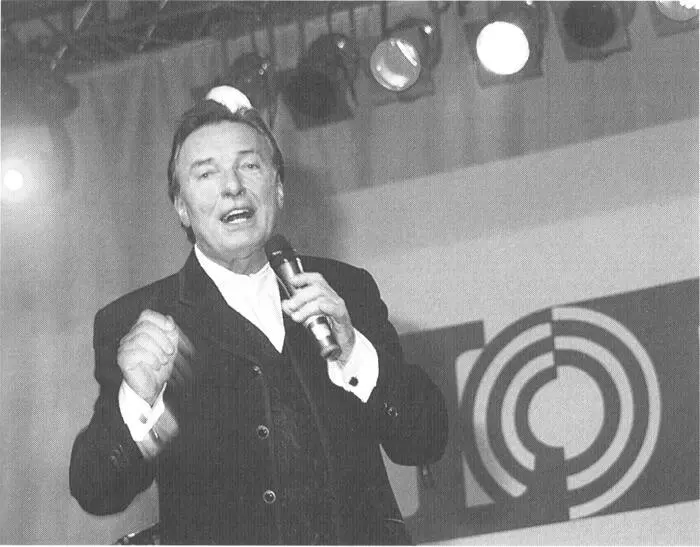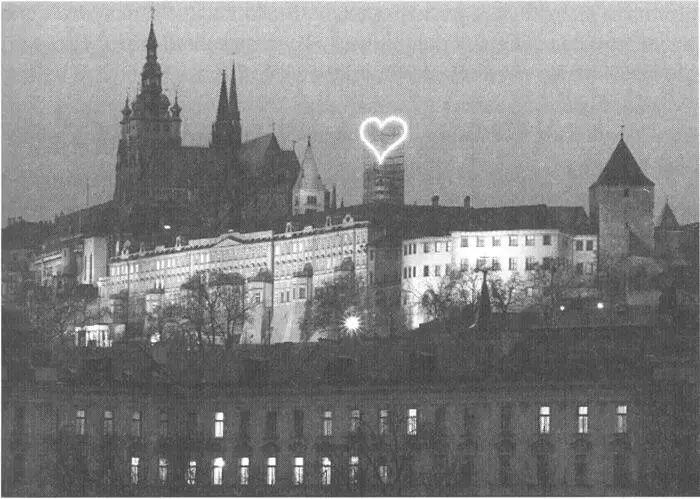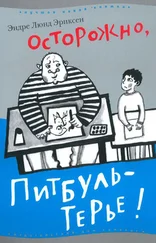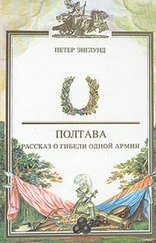
Photo © Jaroslav Fišer
The ultimate explanation, however, of the Czechs’ worshipping of Gott might lie in the tendency to prefer the familiar and safe to the unknown and challenging (see: National Identity; Ocean). This goes double at times when the nation is experiencing large and far-reaching changes. However provincial and musically outdated, Karel Gott has become one of the few fixed and unalterable points the common Czech can cling to in a crazy world.
Besides that, during the communist regime, he made the same humiliating compromises as most other people, but he has still sold more than 30 million records and CD’s during his 40-year career. Can a former electrician in any other country beat that?
As is customary for internationally famous and admired persons hailing from smaller countries, Václav Havel arouses far more controversy at home than abroad.
True, most Czechs will agree that he was uncommonly brave during the communist era, and they were proud that their president was received with fanfares and standing ovations all over the worldduring the 13 turbulent years that followed the Velvet Revolution. Yet there are plenty of people who simply can’t hide the fact that they are overjoyed that he has finally left the Prague Castle.
Czechs can be sorted into roughly four groups, according to their views on the ex-president.
Probably the largest and definitely the least vocal group is comprised of all those ordinary people who deeply respect Havel and don’t question anything he has ever done or said (a majority of them are women, in whom the physically extremely clumsy Havel apparently aroused a strong maternal instinct). Here, of course, you also find liberals and Charter 77fellows who share the former president’s political views on human rights, consideration for the environment and the importance of non-materialistic values. Havel’s opponents often use the sarcastic nickname “Brotherhood of Love and Truth” when speaking about this group.
Then there is a closely related group of Havel-fans, many of them artists, actors or people working in the culture sector, who basically agree with him but don’t hesitate to criticise him for various shortcomings.

Photo © Jaroslav Fišer
Some of his former friends got childishly offended when their old pal “Vašek” didn’t have time to see them any longer, while others (once again, mainly women) were outraged that he married his mistress, the actress Dagmar Veškrnová (17 years his junior) less than one year after his first wife, the widely admired Olga Havlová, died from cancer in 1997. Another frequent complaint from Havel-fans is that “he could have done more” to prevent the break-up of Czechoslovakia. However, exactly what he should have done when both the Czech and the Slovakleadership had decided to divorce is not that clear.
The Havel-bashers can also be divided into two major groups (those in between don’t seem to exist).
The less important group consists of quite ordinary people who just are fed up with what they perceive as “Havel’s constant moralizing” against consumerism, cheap architecture and widespread atheism. “A person who was born into wealth and has inherited millions hasn’t any right to criticize us,” their mantra goes. Havel’s amnesty of thousands of criminals in 1990 was grist for their mill. Although this act was quite understandable in light of the four years he spent behind the bars himself, the deeds of the released convicts didn’t help to save his image among grouchy Czechs. Needless to say, Bolsheviks of every conceivable category are well represented in this group (see: Communism).
And finally, there is the group of extremely vociferous, hard-hitting and well-connected Havel-haters. The spiritual standard-bearer of these alleged right-wingers is Václav Klaus, and their main mouthpiece is the lowbrow but extremely popular TV Nova.
It’s hard to give a single reason for their almost irrational loathing of Havel. Klaus was obviously upset when, in 1998, Havel publicly called the result of his economic reforms Mafia capitalism, and his personal envy of Havel’s international fame also seems to play a significant role (“While I’m concerned about the Czech Republic, Havel was for 13 years solely and only concerned about himself’). Many Klaus-clones hate Havel out of servility or gratitude to their great master, others because the Charter 77 founder made their newly minted anti-communism seem ridiculous.
By and large, the Czech media must also be counted in the anti-Havel group. In the early 1990s, most of the country’s journalists believed uncritically in Klaus’ reform miracle, and they often sided with him in his regular brawls with Havel. As a result, Havel granted more interviews to foreignmedia than to local ones, which provoked the locals to sling more mud with even greater enthusiasm.
Not that Václav Havel seemed to care what the media wrote about him. After swiftly establishing an office in Prague’s Voršilská Street, he spent his first year as an ex-president jetting all over the globe to pick up doctorates and prizes of honour. In a rare public appearance in early 2004, he said that he intends, if his health allows him, to use his energy and international prestige to focus on the violation of human rights in dictatorships like Belarus, Burma and Cuba, and he also hinted that he might write yet another book.
Haveľs personal account from the political kitchen in the 1990s, stripped of political cautiousness and diplomatic concerns, would certainly be interesting. But if he finally decides to dedicate the rest of his life to gardening at his villa in Prague’s Střešovice or to drinking wine under a palm at his country house by Portugal’s Atlantic coast, most Czechs would find that perfectly well-deserved. And his petty critics will, sooner or later, have to admit that Havel has earned himself a place right beside Tomáš G. Masarykin Czech history.
Take a look at the following statistical data: with an average consumption of 161 litres per capita, the Czechs drink more beerthan any other nation on this planet. The relative frequency of Czech alcoholicsis one of Europe’s highest, and although their love of meat has slightly weakened after the Velvet Revolution(in 1990, the common Czech gulped down 50 kilos of pork and 28 kilos of beef), the Czechs still belong among the world’smost gutsy meat-eaters.
Then add information from the national census in 2001, which showed that almost 60 percent of the population describe themselves as atheists or non-believers, while tolerance towards sexin general and marital infidelity in particular is notoriously high. Don’t forget either that there are more owners of cabins and cottages where you can hide away from work and stress (see: Fridays), than in most other countries on the European continent.
What is the inevitable conclusion of these data? That the incomparably largest religious society in the Czech Republic is that of the hedonists!
Sadly enough, the Czechs have a pretty bad track record when it comes to discrimination against their fellow Romacitizens, and they cannot be said to be exceedingly warm towards foreignerseither. However, when it comes to sexual minorities, they display a broadmindedness that is downright amazing.
True, there are still some lunatic Parliamentarians who believe that gays can be cured (see: Academic Titles; Moravia) and therefore have succeeded in blocking a draft law on registered partnerships. But this medieval stance strongly contrasts with that of the Czech mainstream.
Читать дальше










![Theresa Cheung - The Dream Dictionary from A to Z [Revised edition] - The Ultimate A–Z to Interpret the Secrets of Your Dreams](/books/692092/theresa-cheung-the-dream-dictionary-from-a-to-z-r-thumb.webp)



